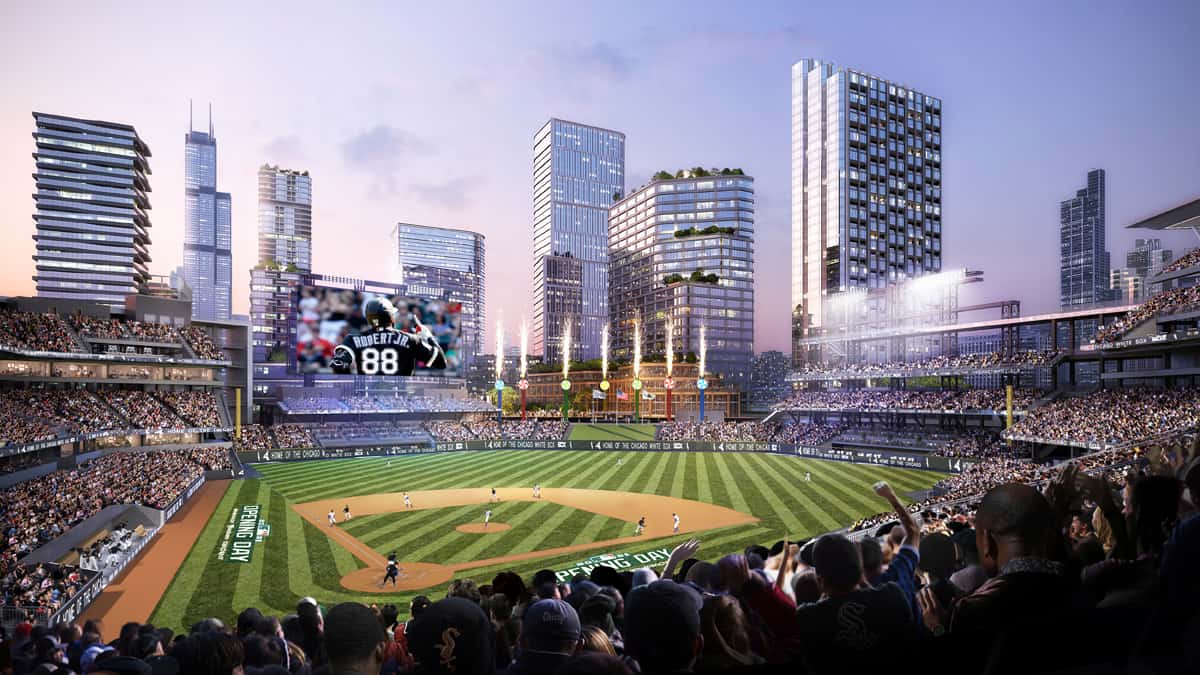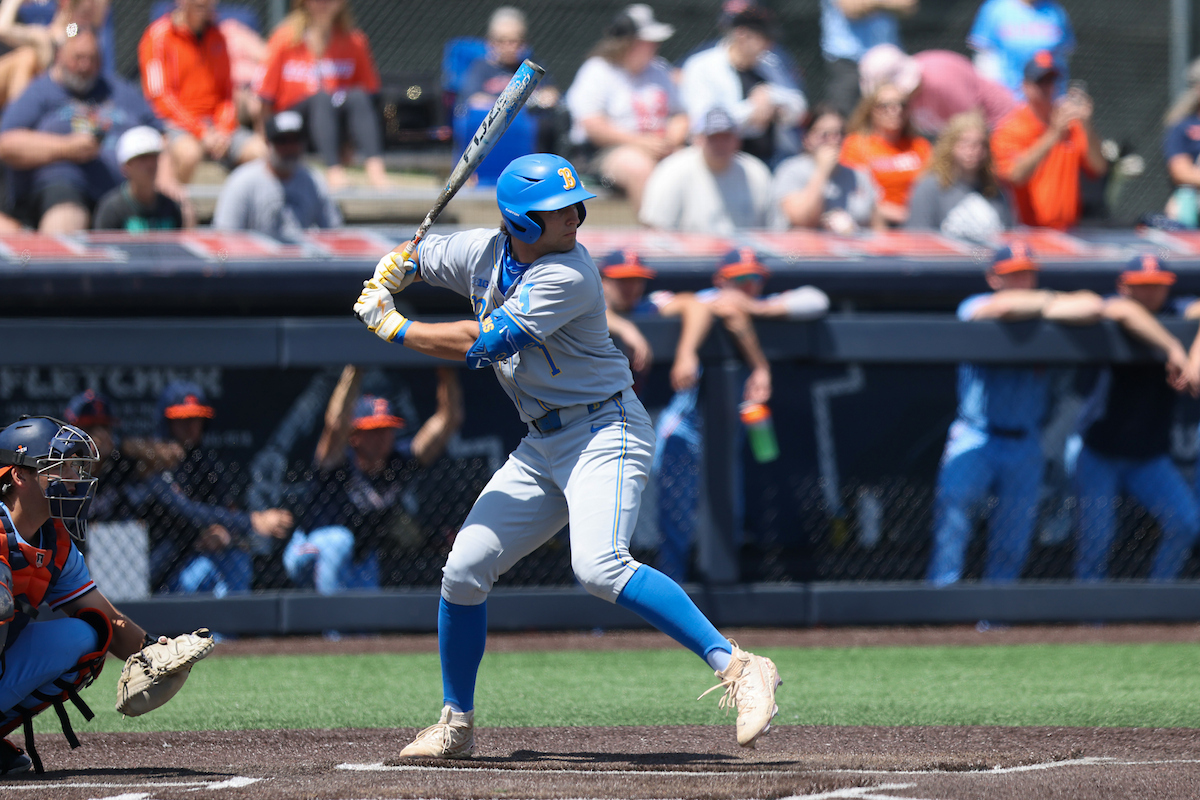Since the rumors of a proposed White Sox ballpark in Chicago's The 78 development emerged last month, the White Sox themselves had mostly gone along for the ride. They confirmed interest and discussions, but when it came to floated figures and released renderings, the developer of the South Loop plot, Related Midwest, had been doing the talking.
And for good reason. It's not a great climate to be asking for public dollars, especially when you're a team as bad as the White Sox, led by an owner who gives what he gets when it comes to public antipathy.
Eventually, though, the White Sox would have to show their hand, and given their previous unwillingness to pay anything towards the cost of a ballpark, the amount of money they'd want for the project was likely to be a grotesque sum.
That's probably why Crain's Chicago Business was able to report the story as a classic Friday evening news dump:
Chicago White Sox owner Jerry Reinsdorf is preparing to ask Gov. J.B. Pritzker and other state leaders for roughly $1 billion in public money to build his team a new home in the South Loop. [...]
Reinsdorf and Related Midwest President Curt Bailey, the developer of The 78 site where the stadium would be built, have been meeting with elected officials and business and labor leaders to gin up enthusiasm for the deal before meeting with the governor. The two are bullish they can win state support by arguing the stadium subsidies will bring along billions more in private investment, and the deal is structured in a way to not require new or increased taxes.
It's a request that should be laughed out the room, the way Reinsdorf reflexively scoffs at any investment in a player that would represent a major investment in his team.
The White Sox don't see the sense in taking such risks themselves. Now that the Royals signed Bobby Witt Jr. to a contract that guarantees him 11 years and $288.7 million, the White Sox are one of two teams that has never committed a nine-figure contract to a player, and a team should never want the Oakland A's as company.
Most of their protracted pursuits of premium players -- Manny Machado, Bryce Harper, Masahiro Tanaka -- end up being designed to finish in second. The Zack Wheeler derby is seemingly the exception, but the way the White Sox rushed out information that they offered Wheeler more than the Phillies did came off as tacky, like celebrating fake-arguing over the dinner tab. Sure, the Sox were going to pay, and they would've left a more generous tip, too.
Sometimes Reinsdorf just drops his guard and lets it all out, like when he ruled out the idea of signing Shohei Ohtani ...
“Look, we’re not going to be in the [Shohei] Ohtani race, I’ll tell you that right now. I’ll tell you that.”
... or used a business-friendly forum to issue the same complaints about open markets that he's had since the 1980s.
As a franchise, the White Sox are the .202-hitting second baseman Reinsdorf carps about. They're not representing a new industry or business venture with an impossible-to-project economic impact on the city. Everybody knows them as the other Chicago baseball club that routinely makes poor business decisions. They're just moving a couple miles from a perfectly functional ballpark.
Alas, when it comes to asking for public money, dumber competitors might've left him an opening. The Crain's story notes that the state is vulnerable to servicing the back-loaded debt of the Soldier Field renovations, and this deal would allow them to get the Illinois Sports Facilities Authority off the hook, while crowding the Bears out of the public dole.
The proposed deal would also get the city off the hook for being the guarantor of the current debt arrangement with the Illinois Sports Facilities Authority, or ISFA, to pay for the 2003 renovation of Soldier Field.
The ISFA is the financing vehicle that was created in 1987 to pay for what is now called Guaranteed Rate Field. The authority issued $150 million in bonds in 1989 to build the Sox a stadium and later issued another $399 million in bonds to pay for the renovations to Soldier Field for the Chicago Bears. Along the way the authority has occasionally refinanced or extended the debt to overcome short-term pain.
“The current financing plan would pay off all of the existing debt on the Bears stadium,” said a source involved in the meetings with state and city officials.
There's an argument for some public funds to be involved in redeveloping The 78 for a ballpark, just because the White Sox would be the sort of anchor tenant that makes infrastructure for the rest of the area worth doing. There's never an argument for public funds to cover the whole thing, especially when the economic arguments rest on speculative hotel and sales tax figures that could end up looking just as foolish as the Soldier Field financing down the road.
And maybe the state understands that. Reinsdorf has the right to ask for $1 billion, just as Tom Ricketts had the right to ask for $200 million to renovate Wrigley Field. Illinois' public officials have the right to refuse it, just as they did the Cubs' request. It just takes zero shame to make such a request in the first place, which makes Reinsdorf the right man for that job.






